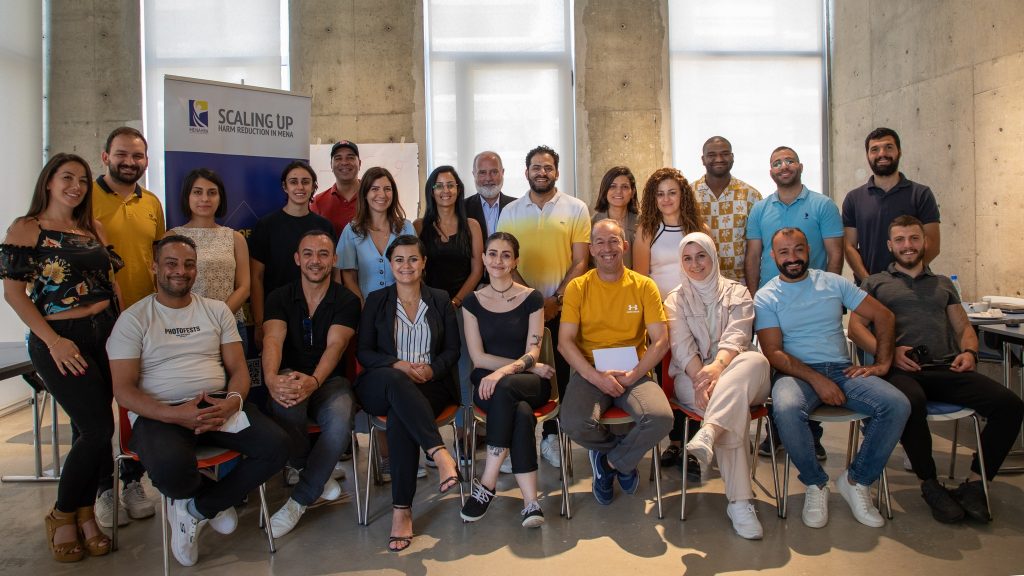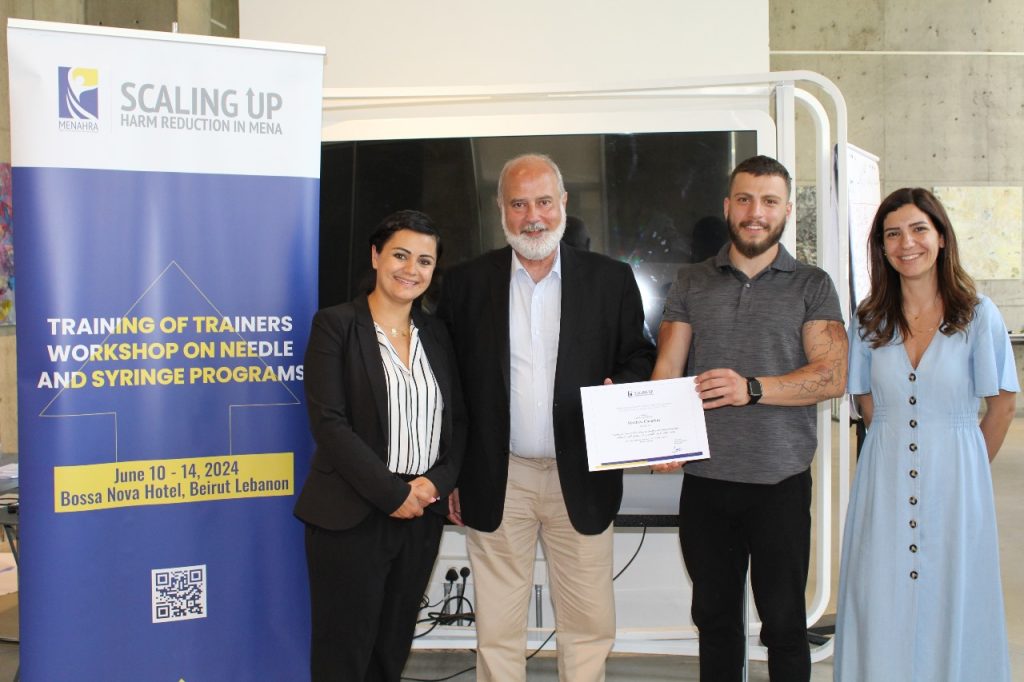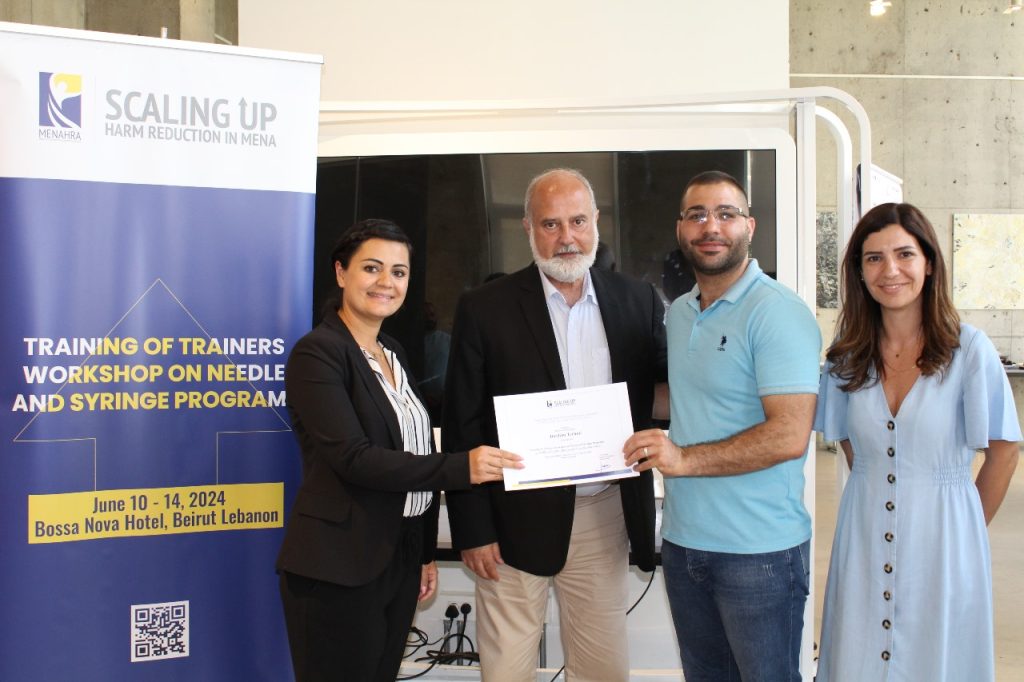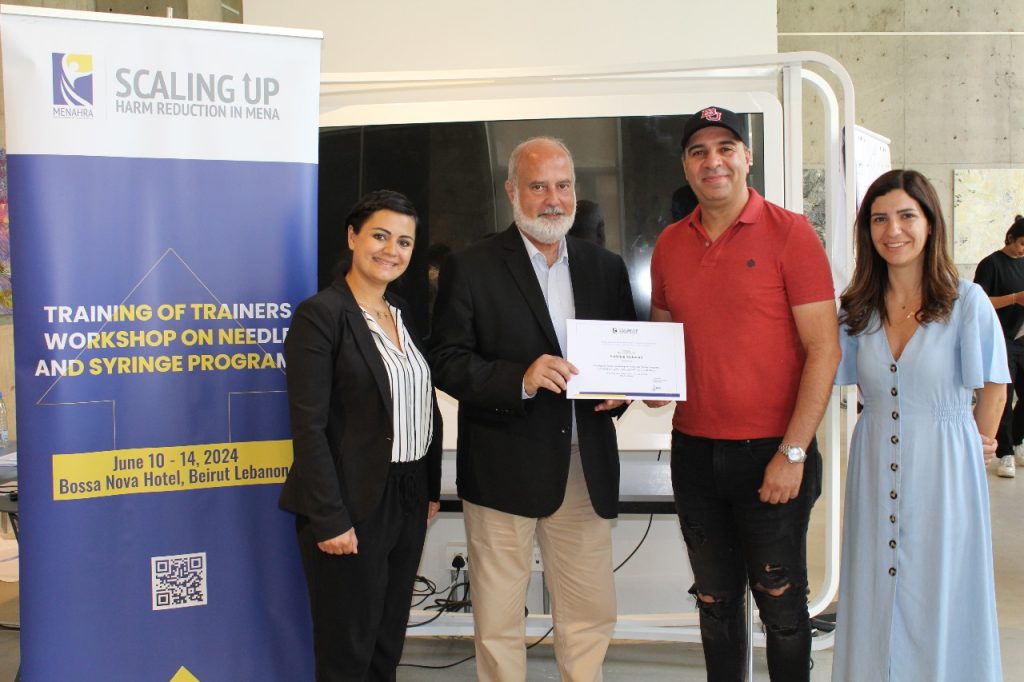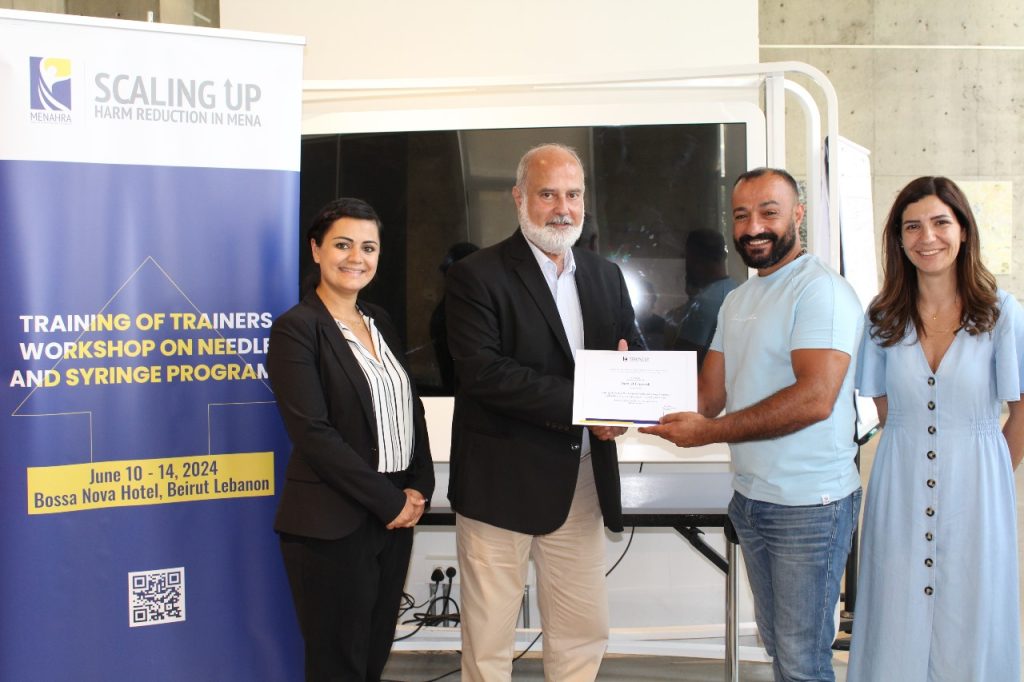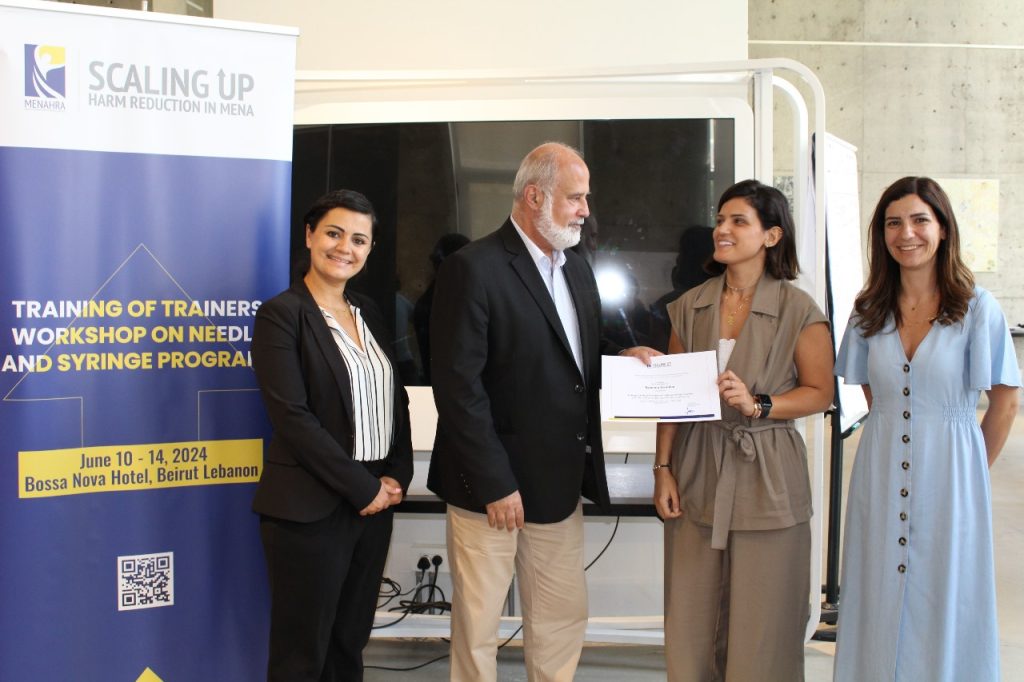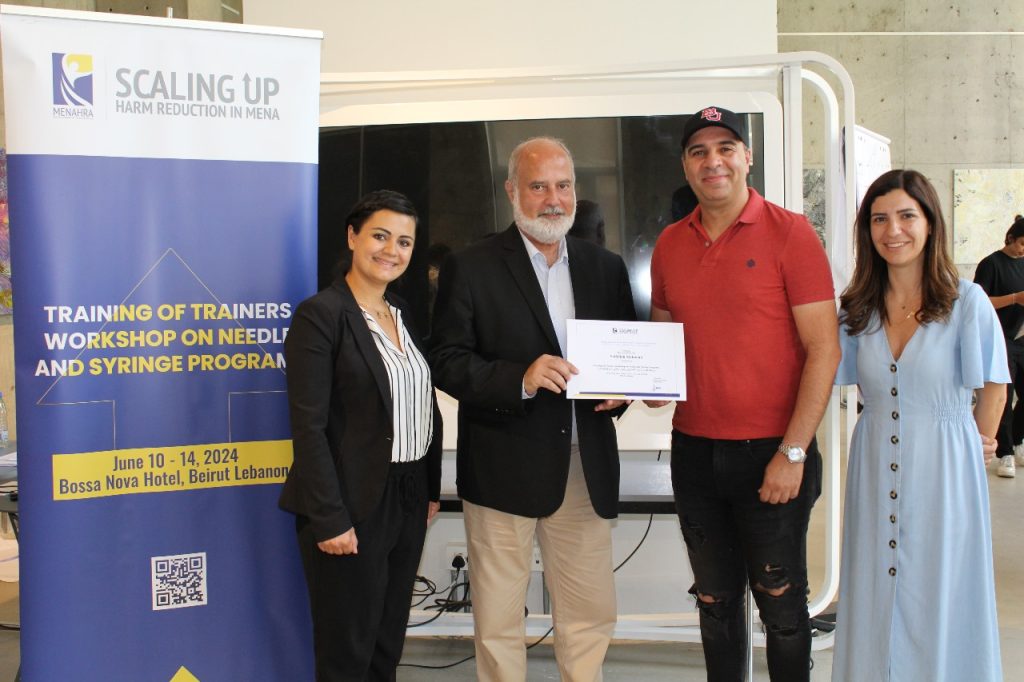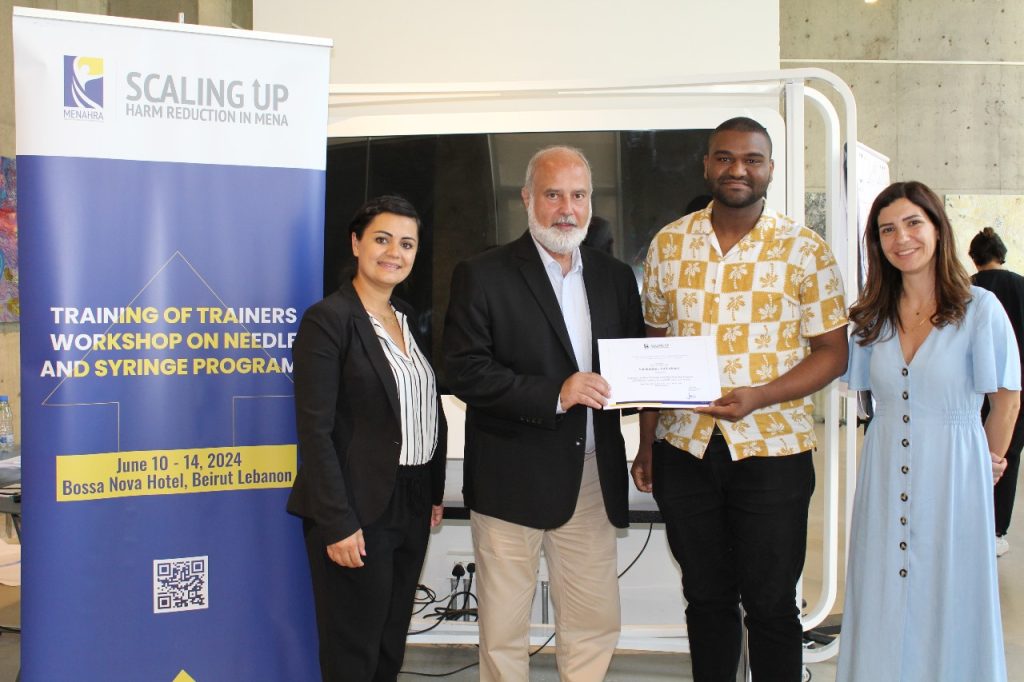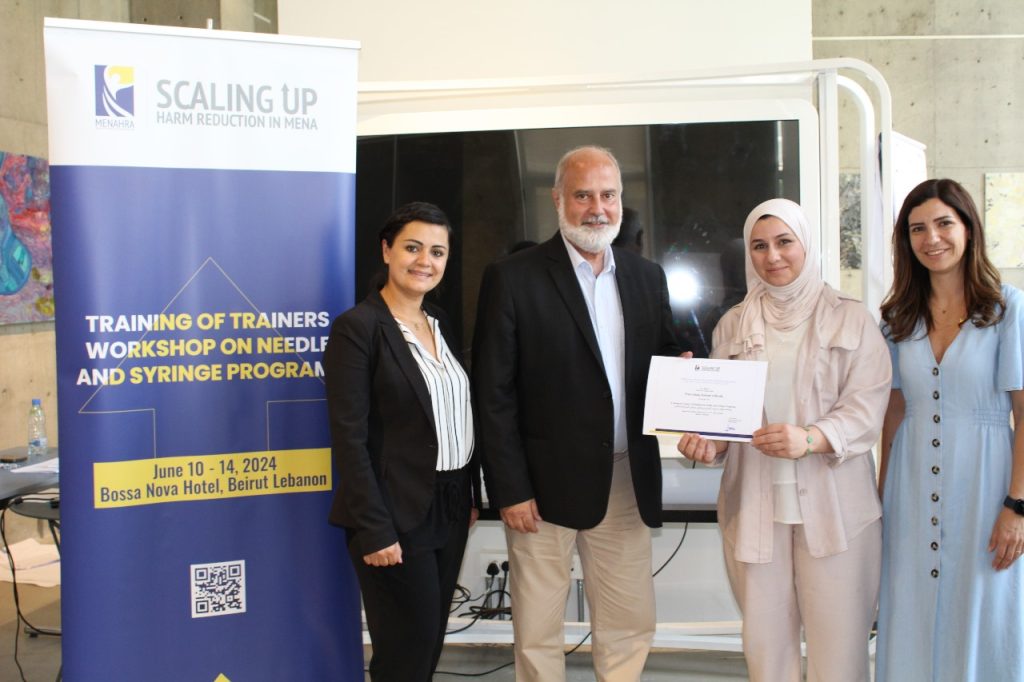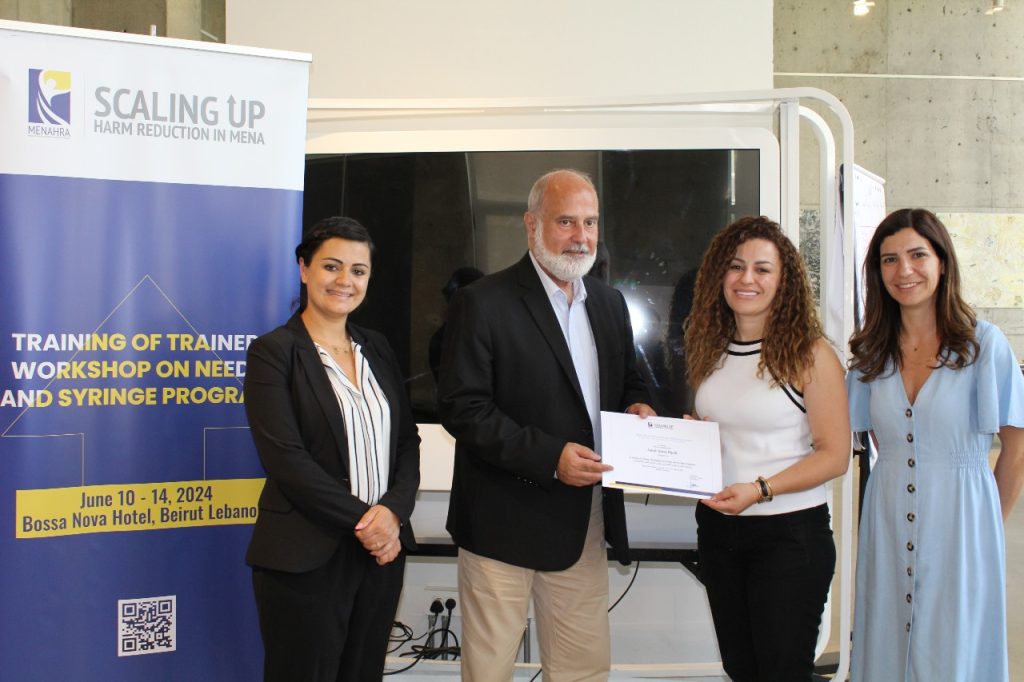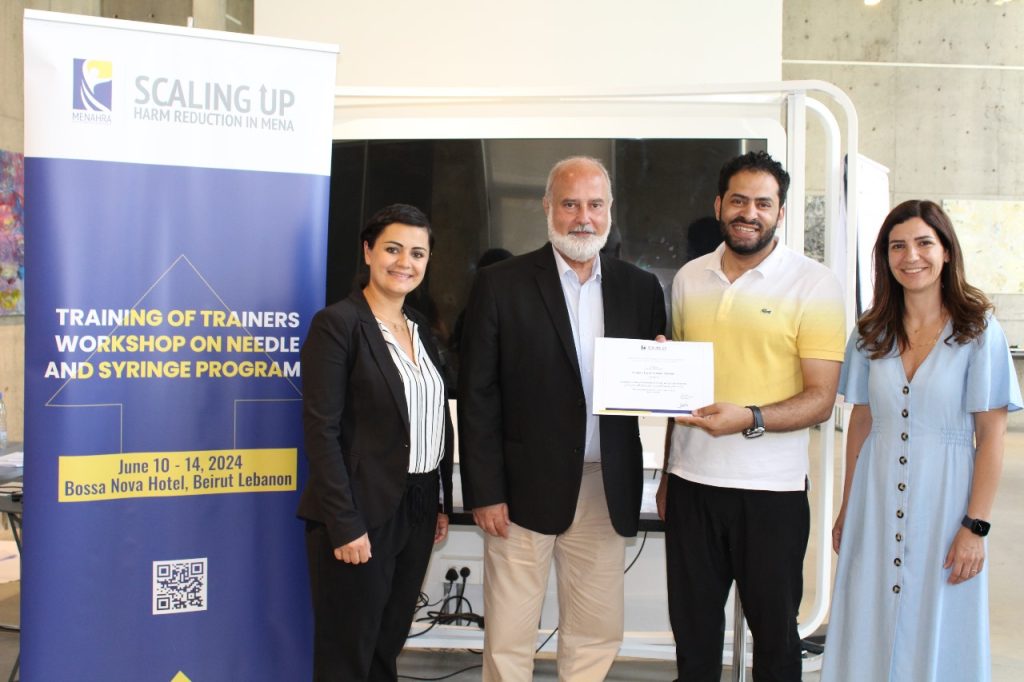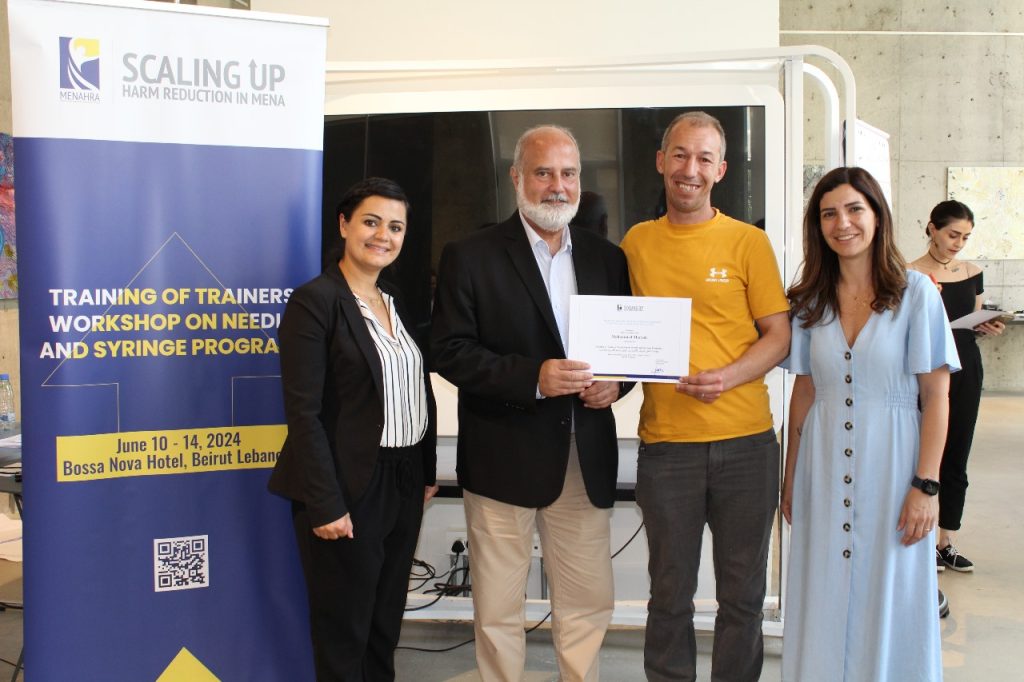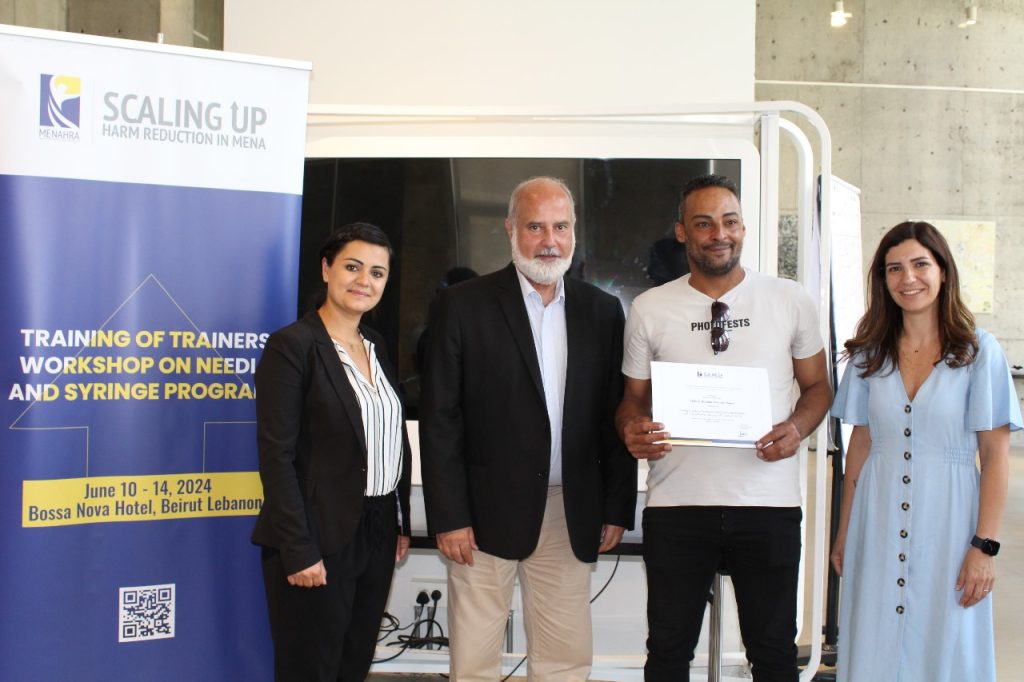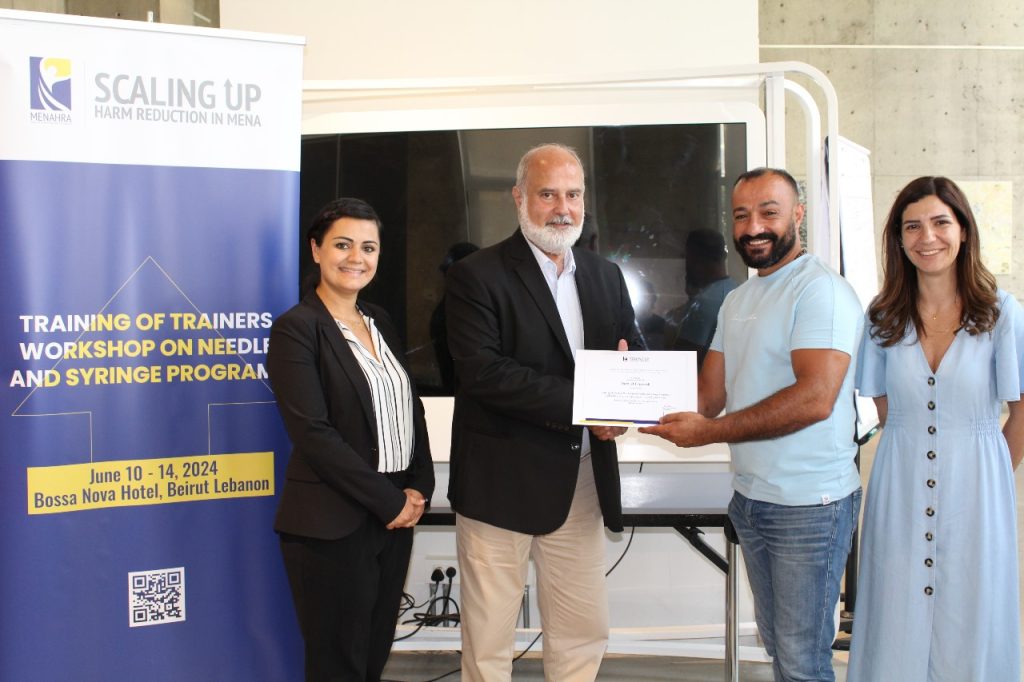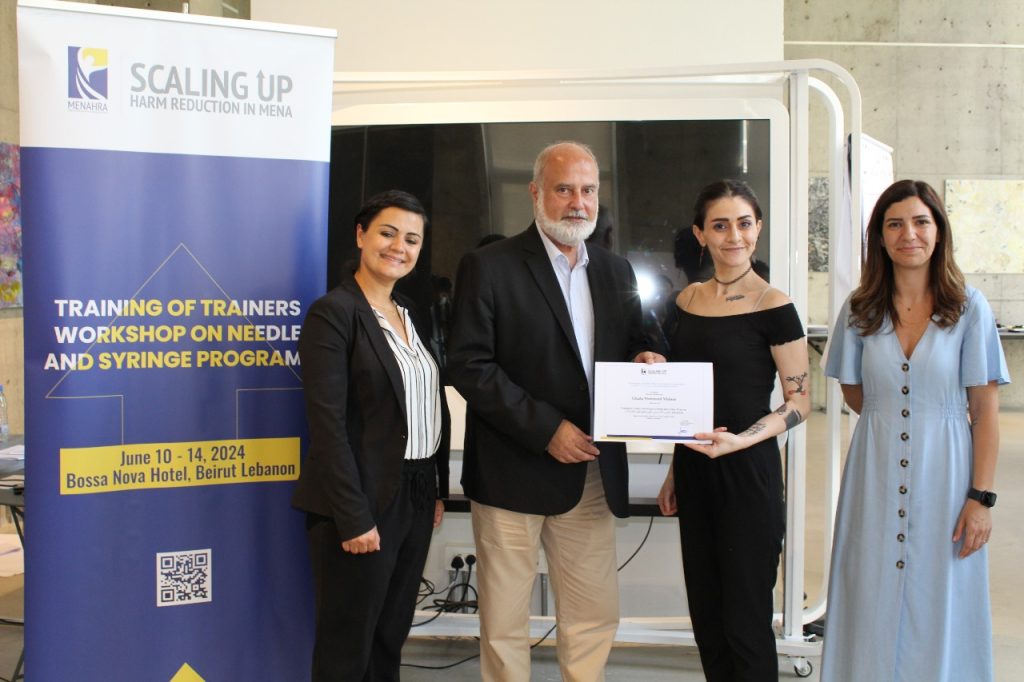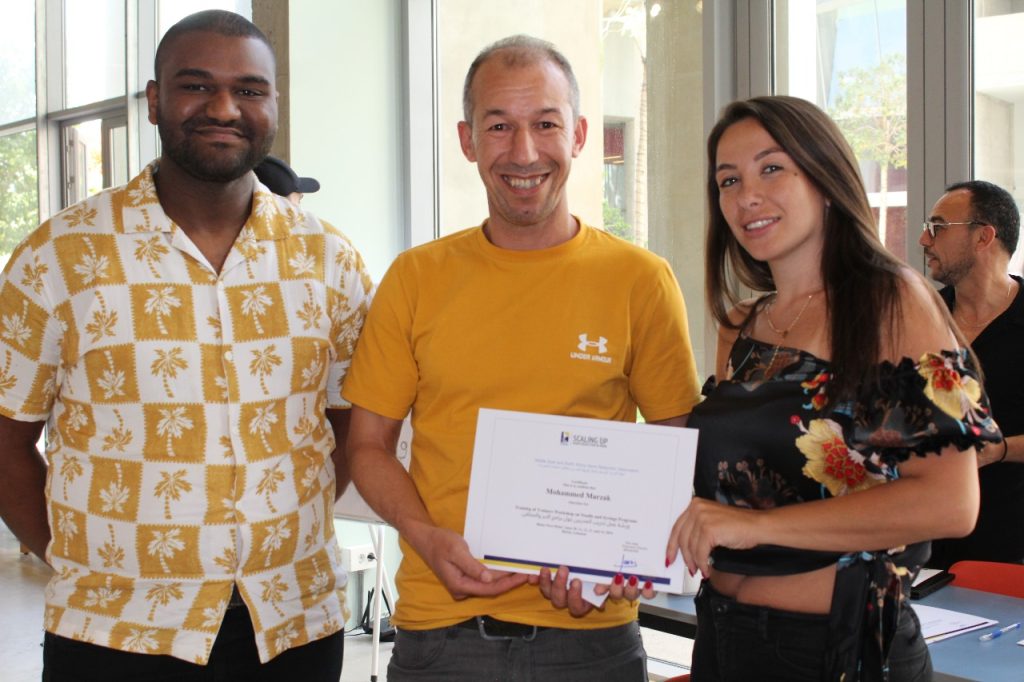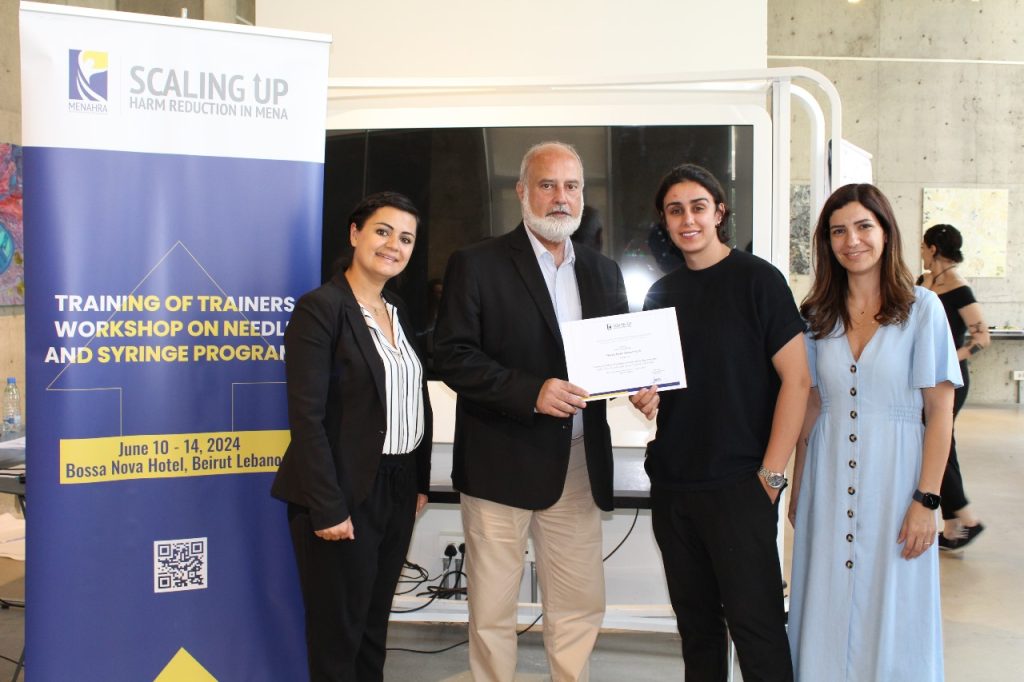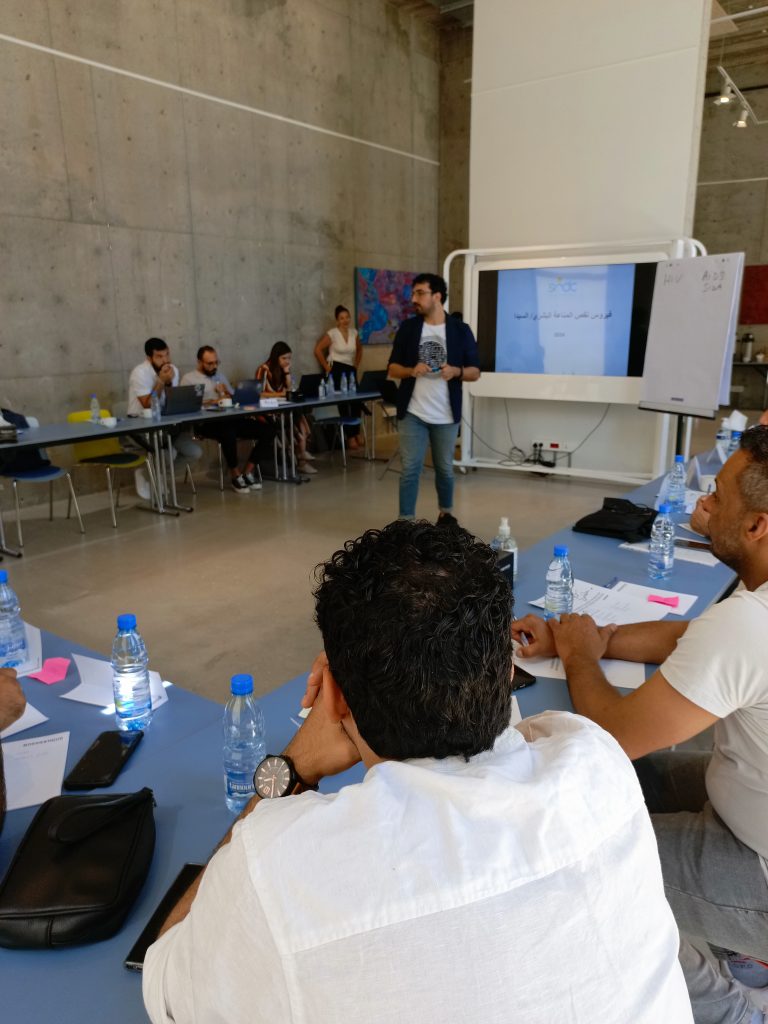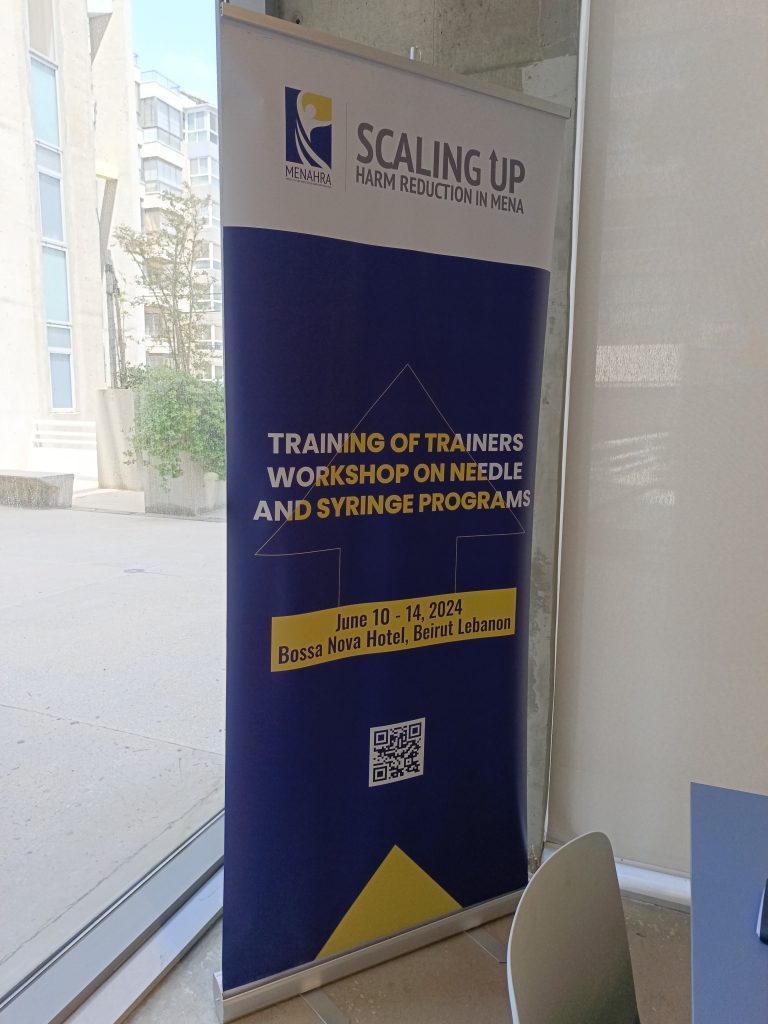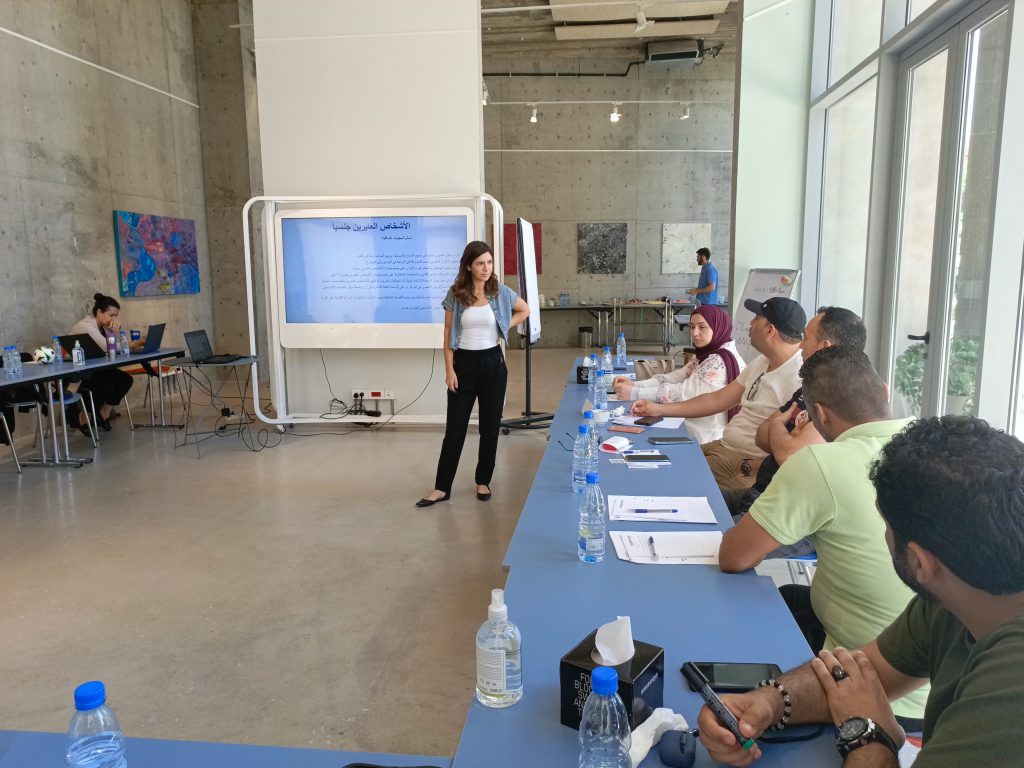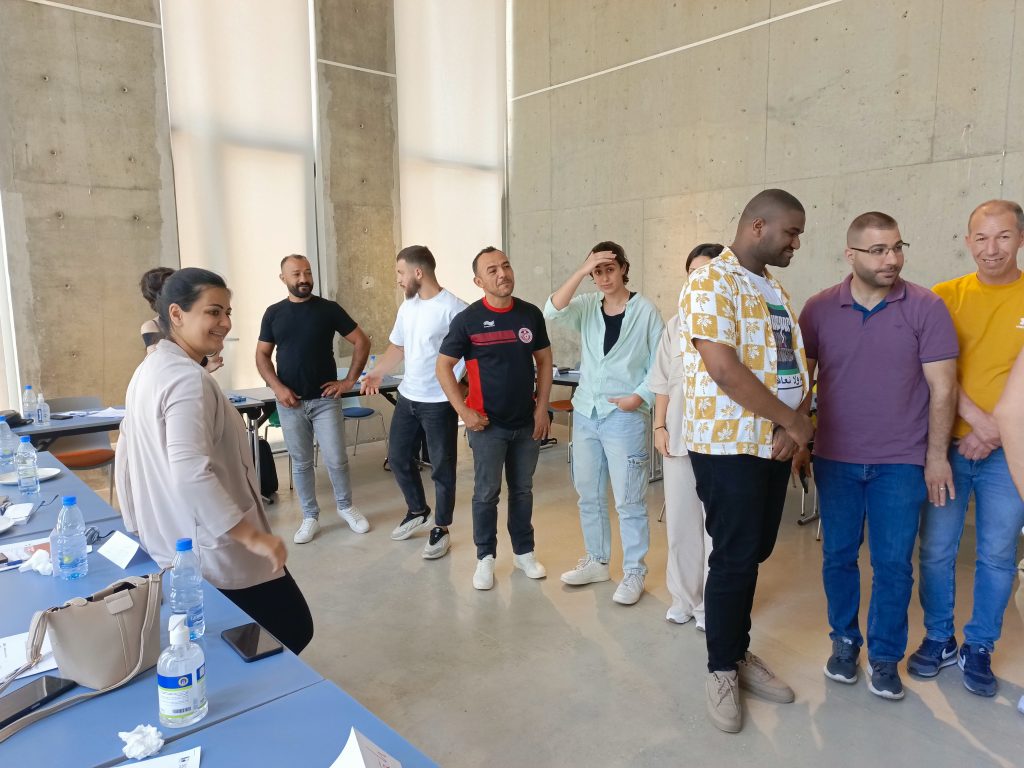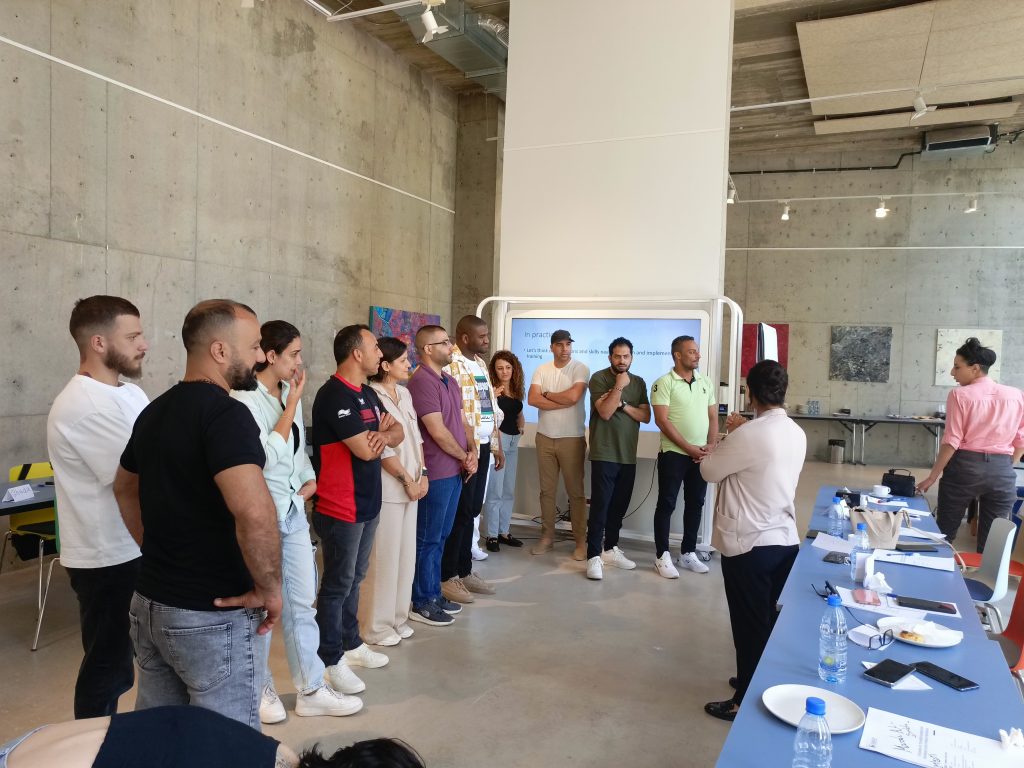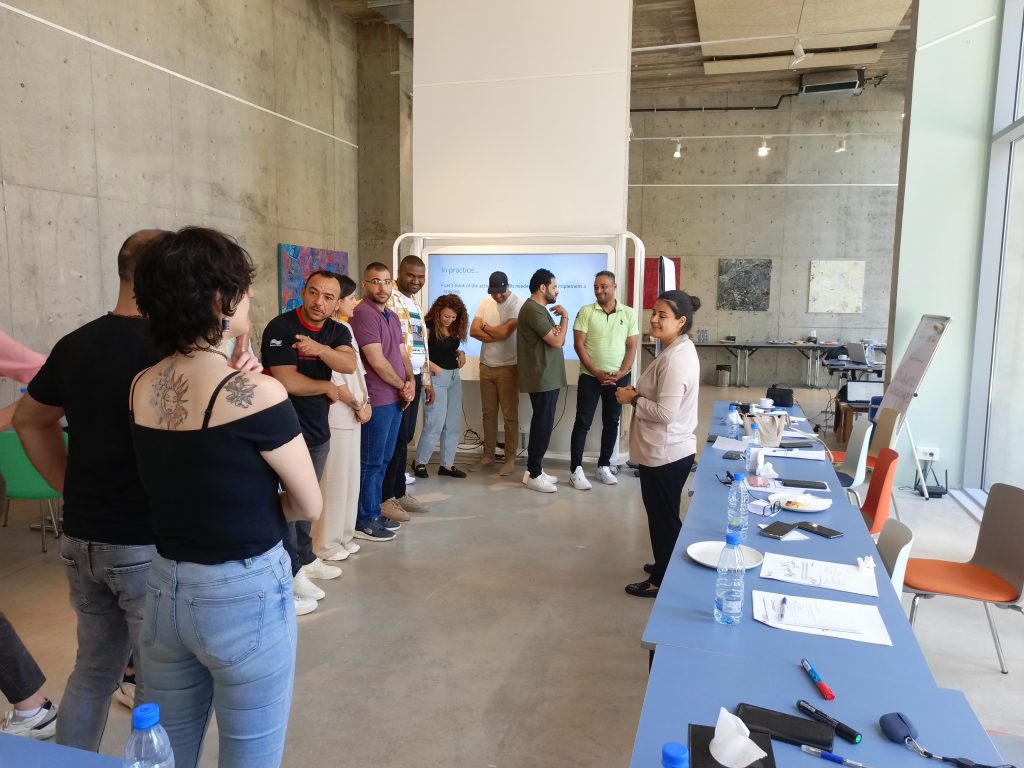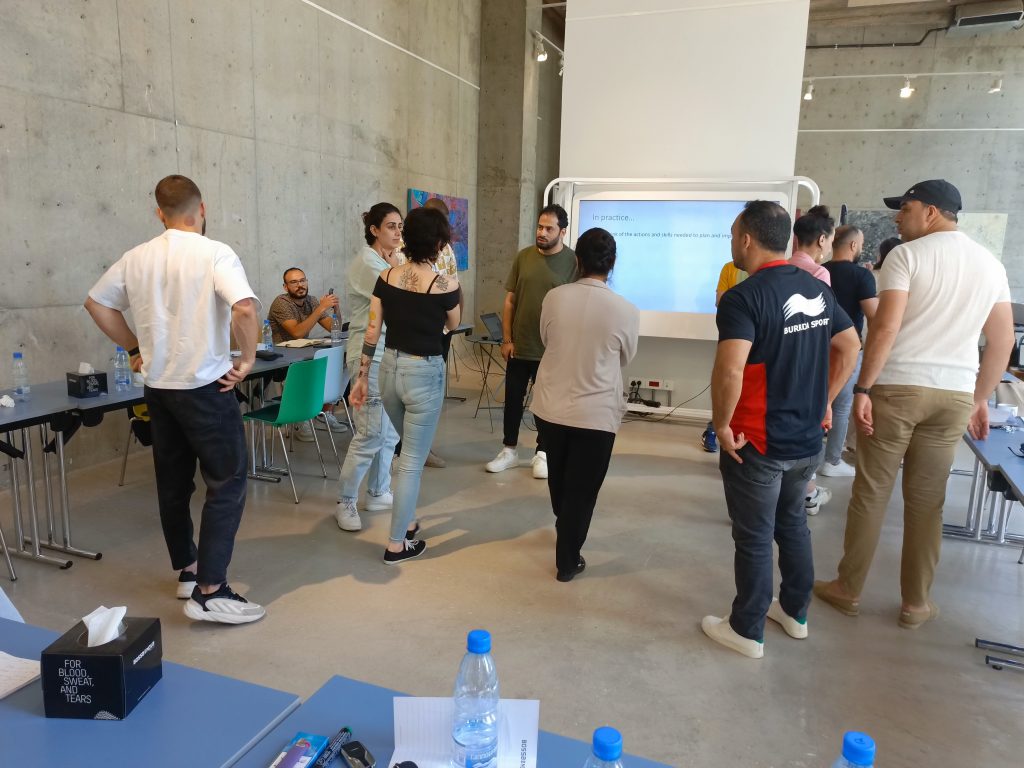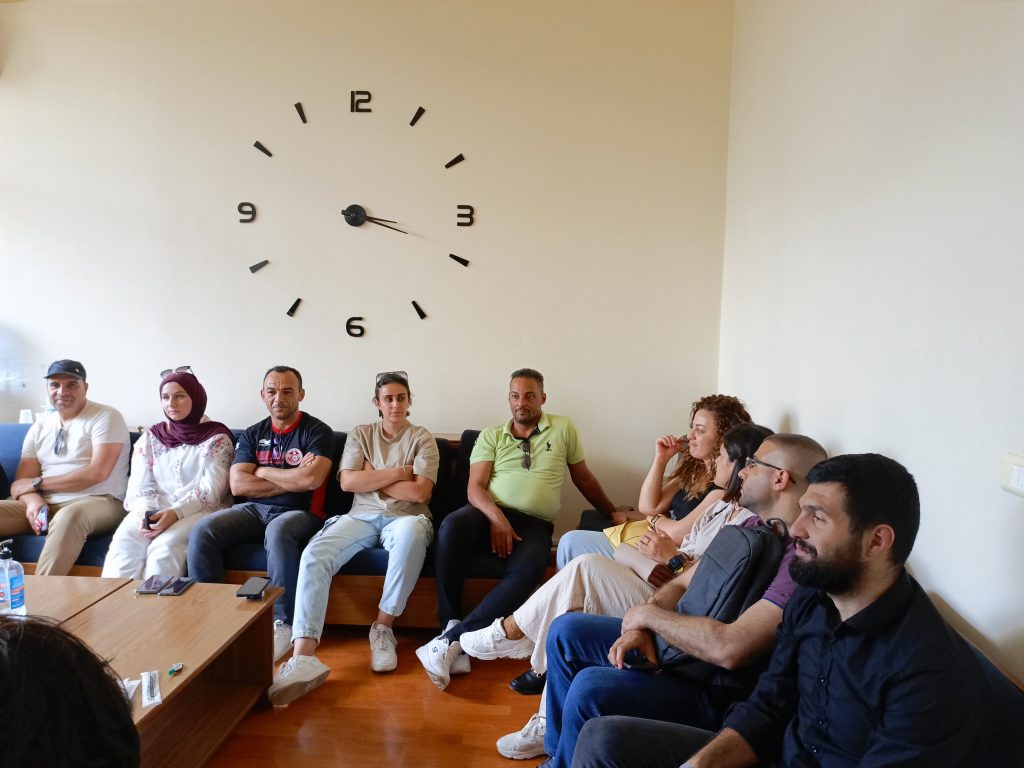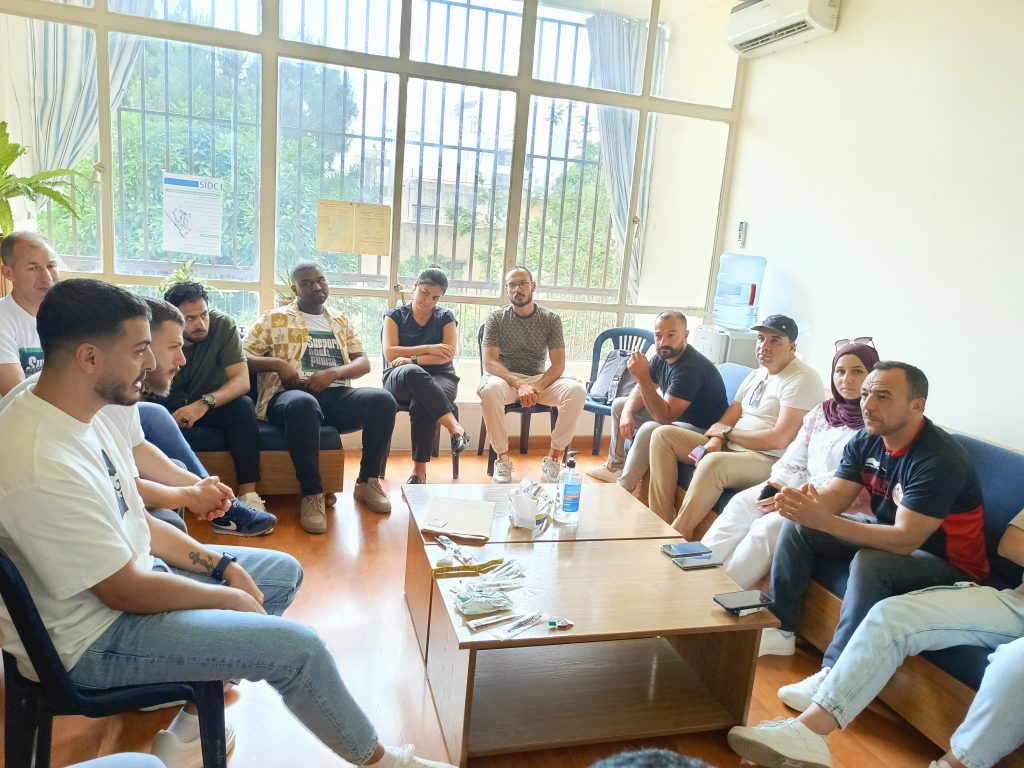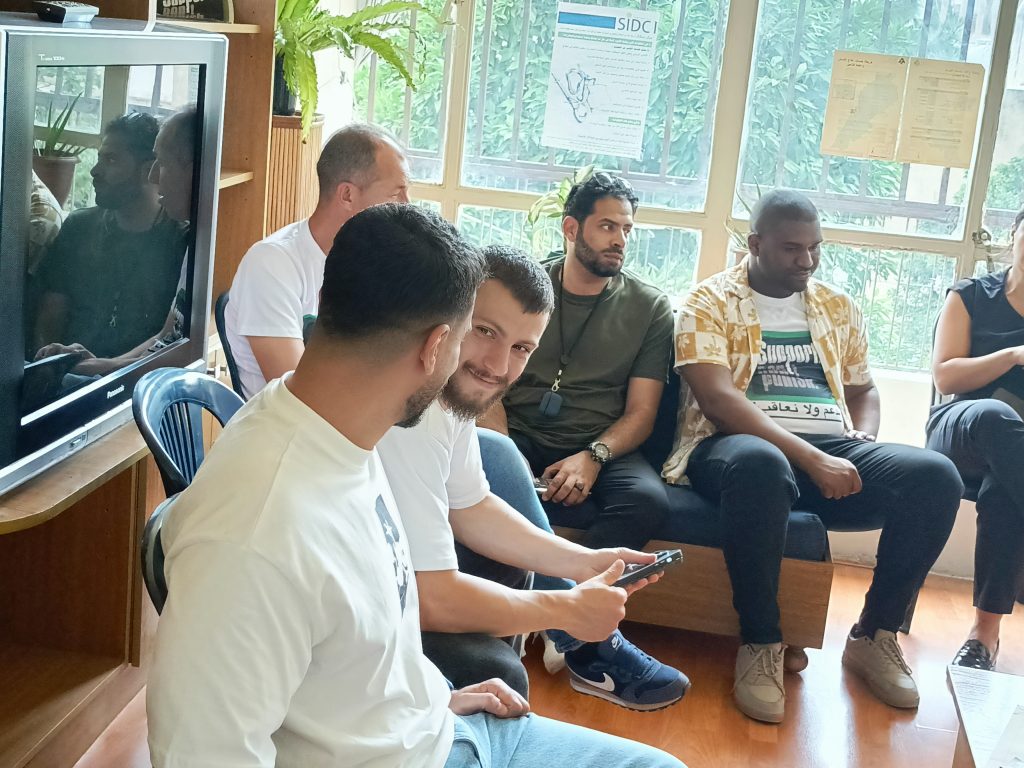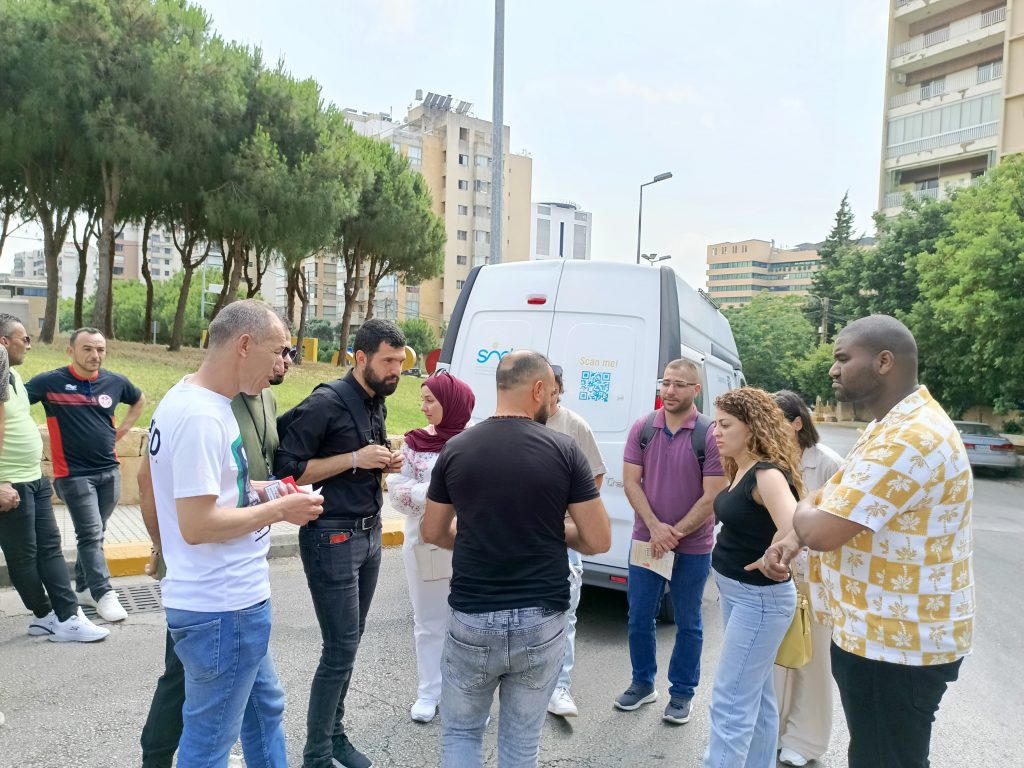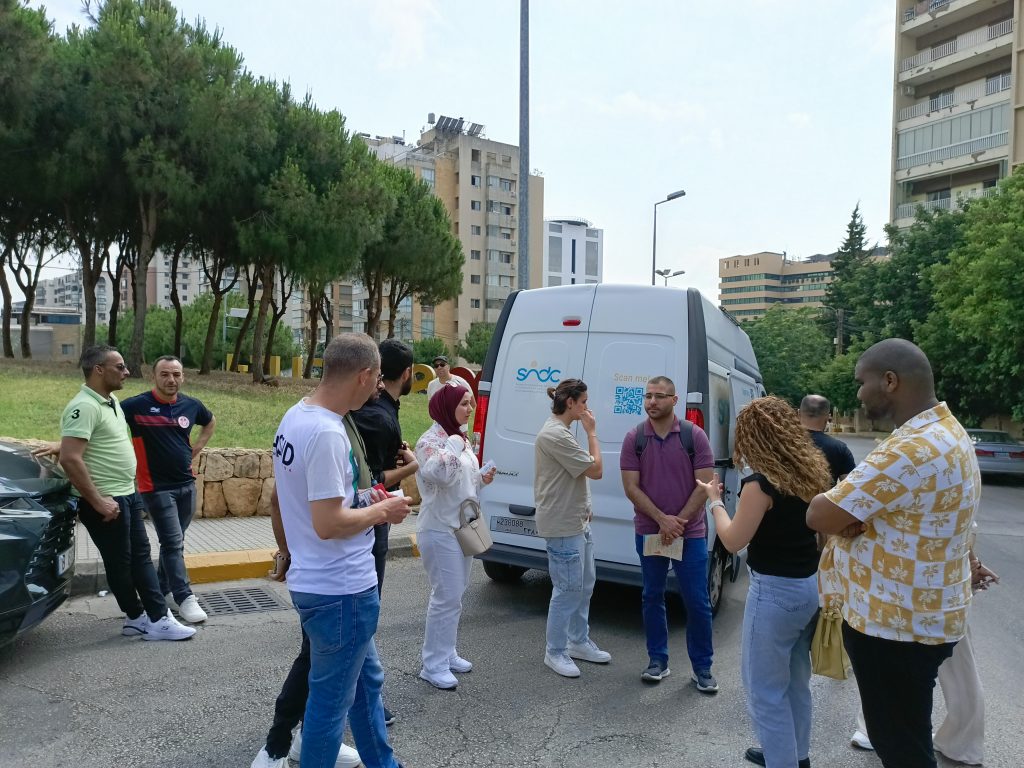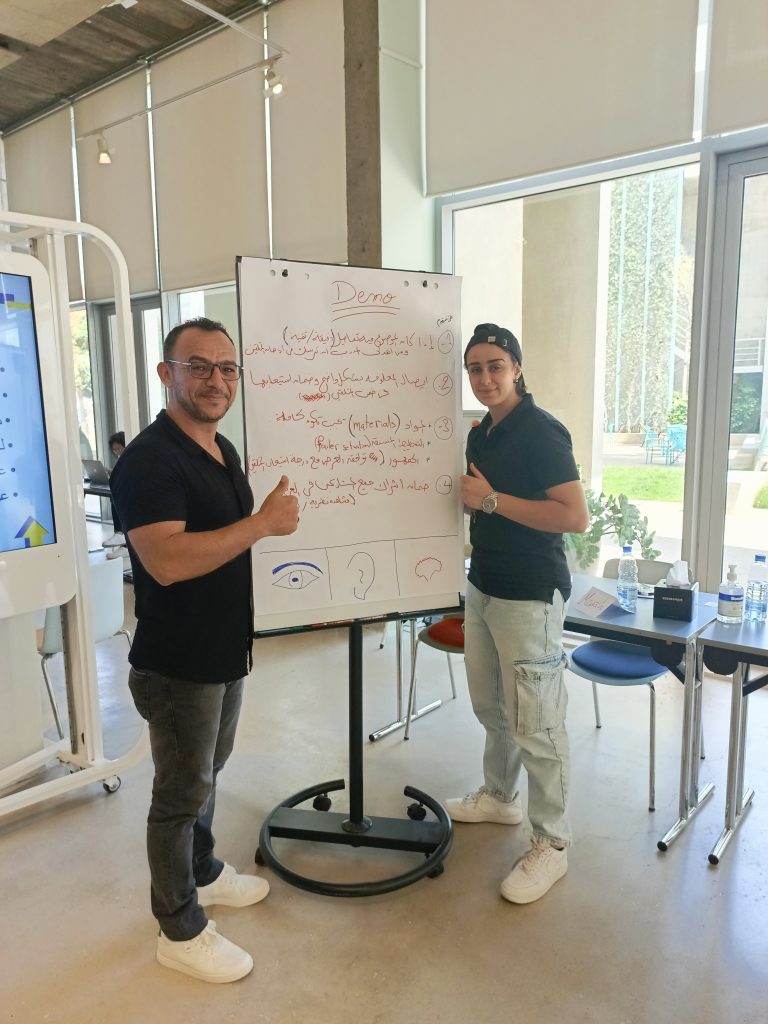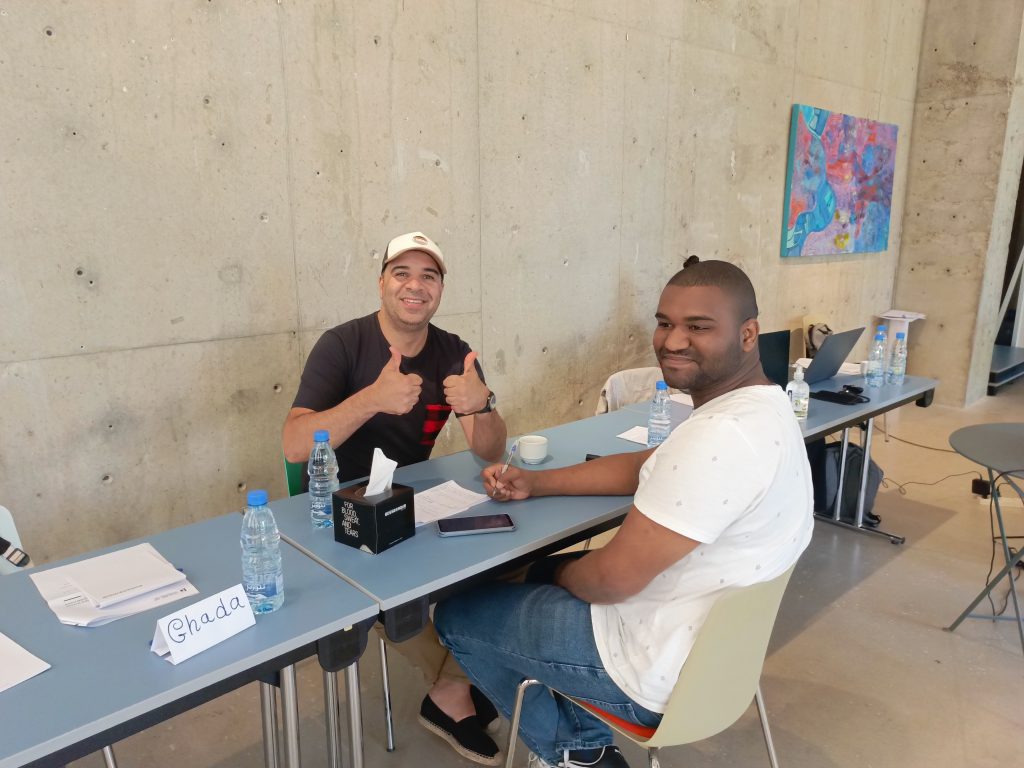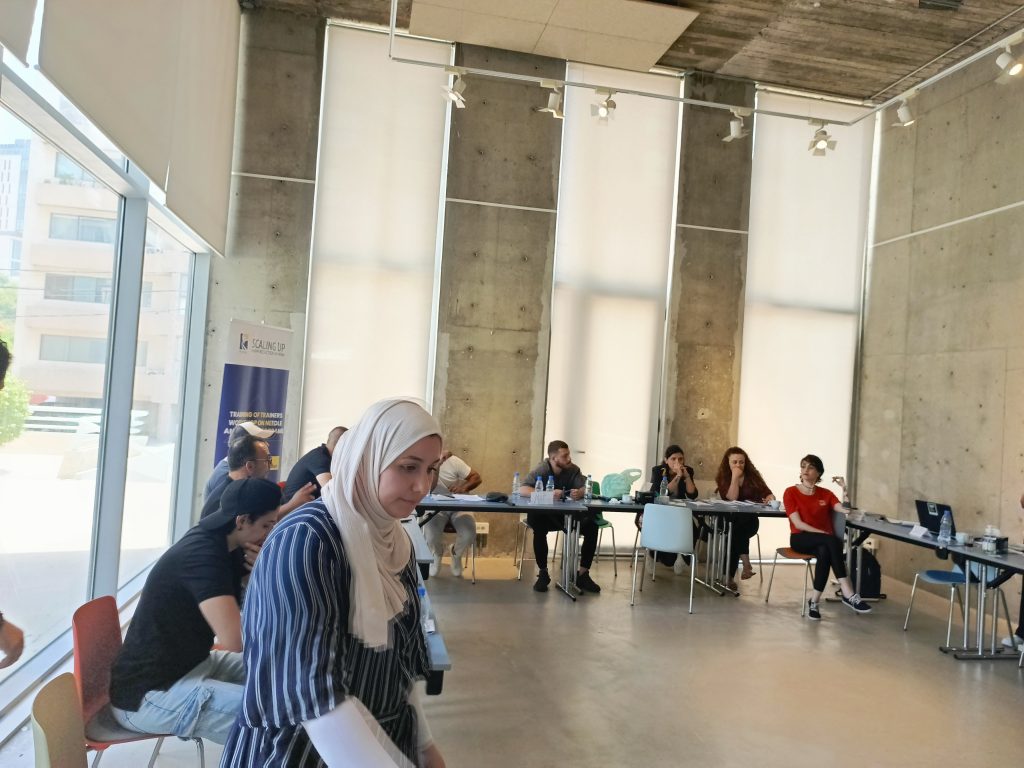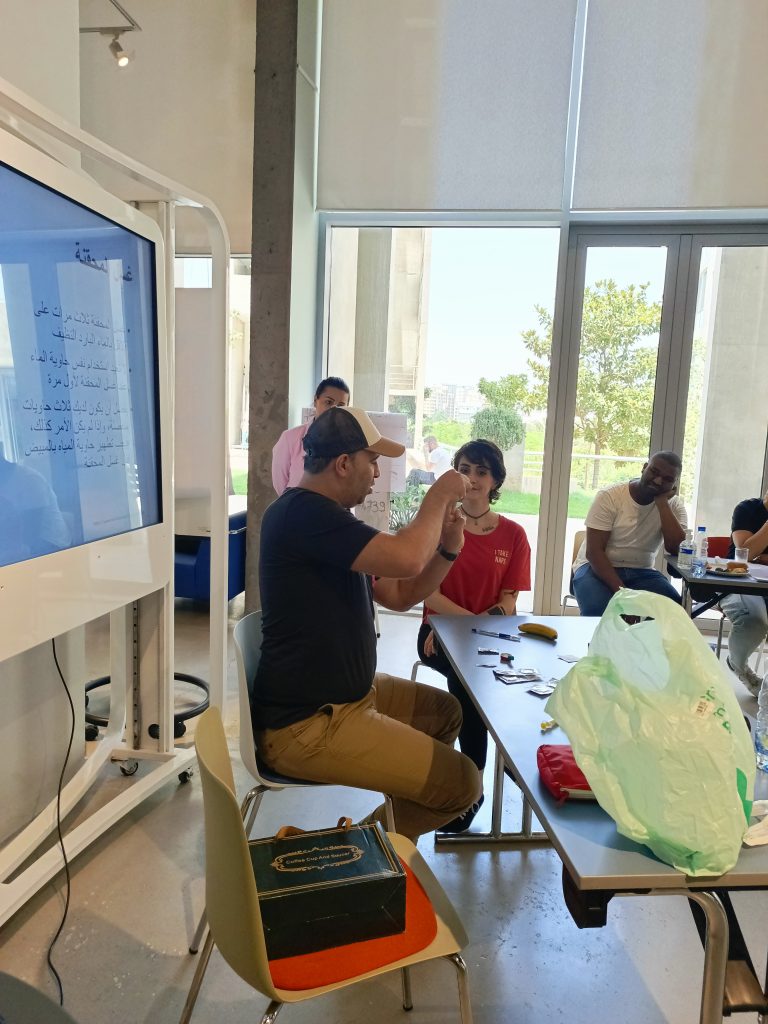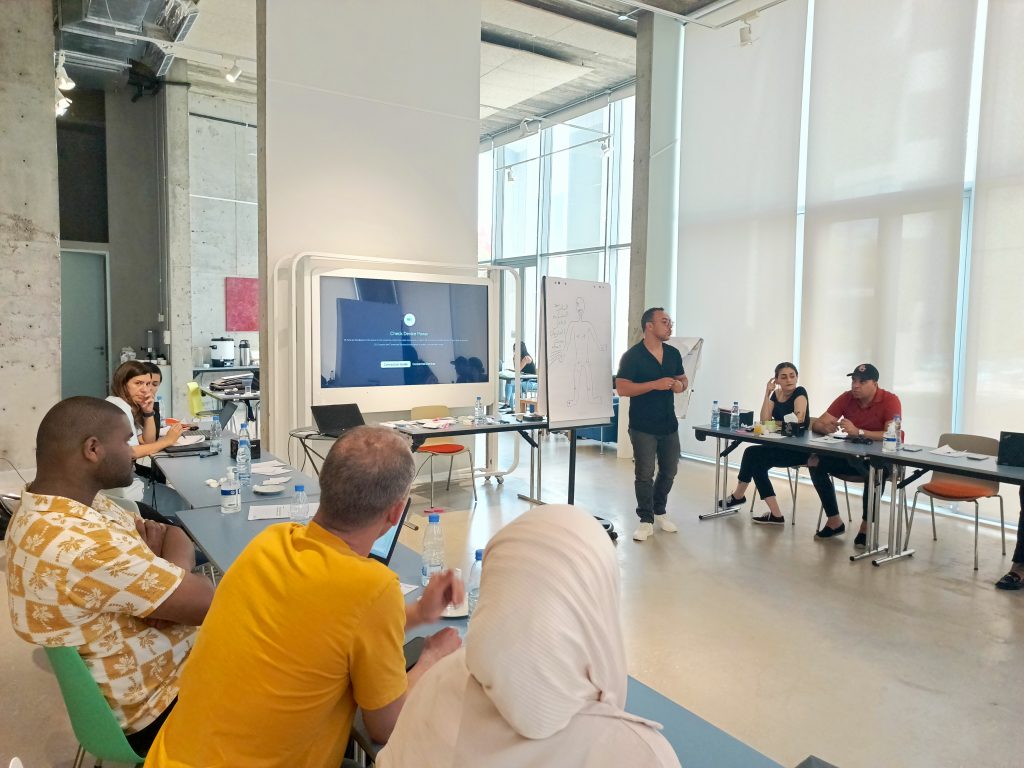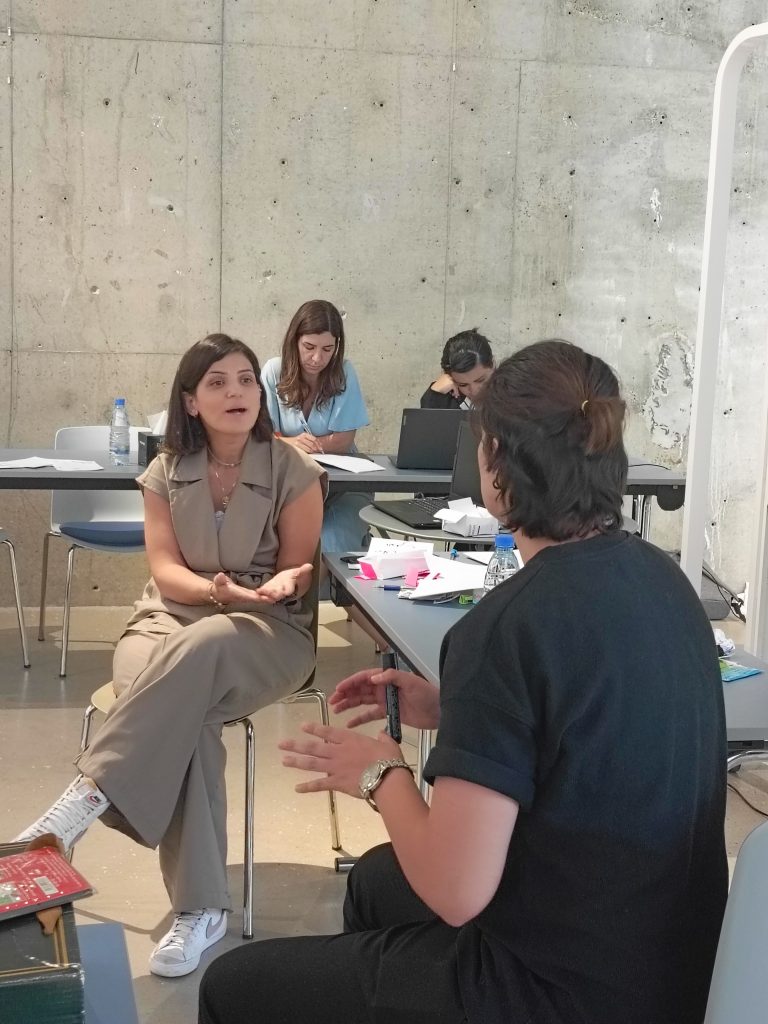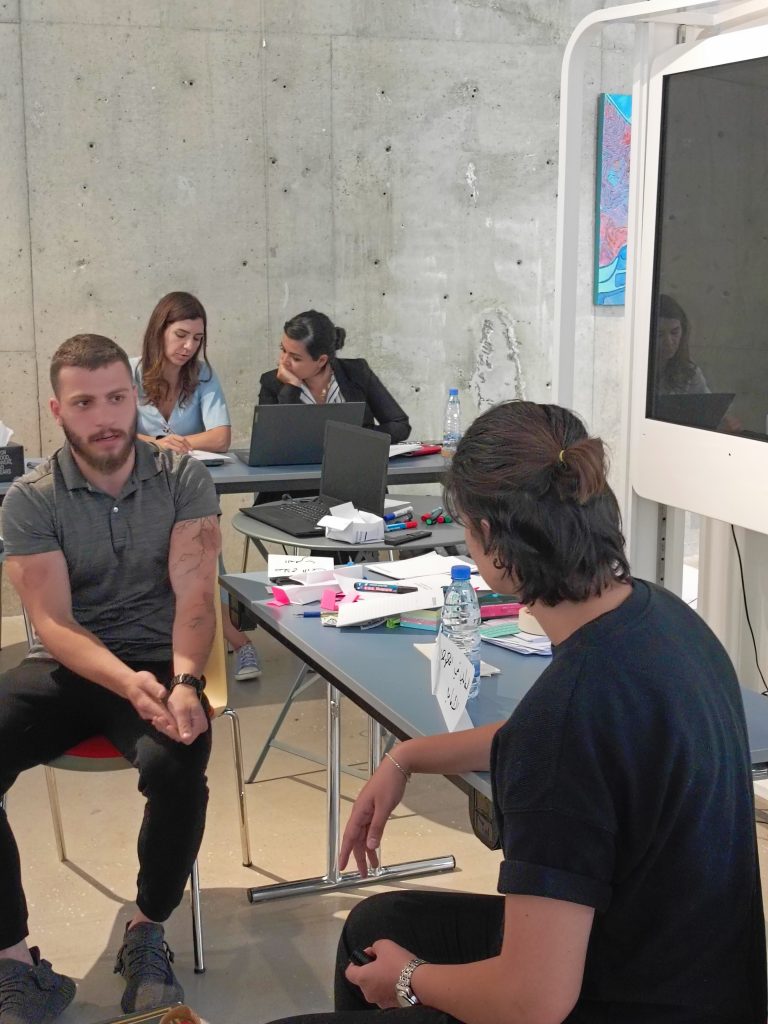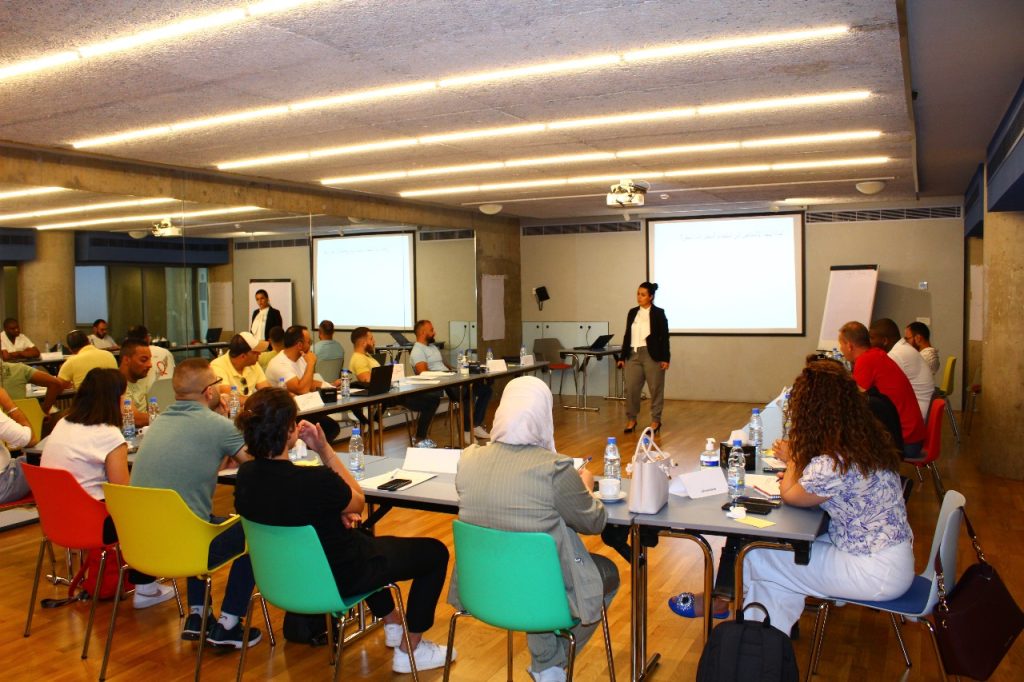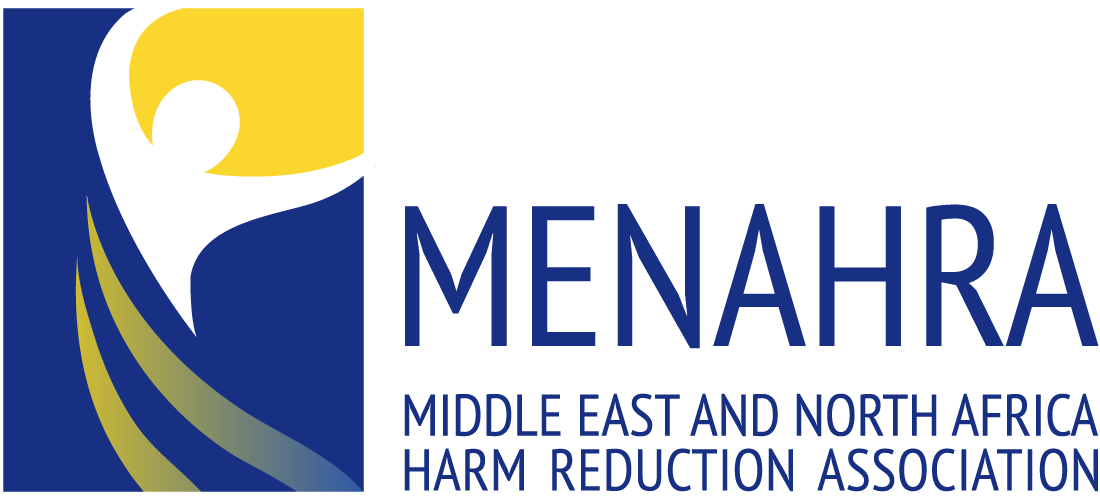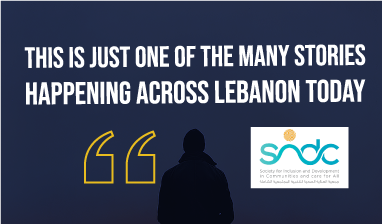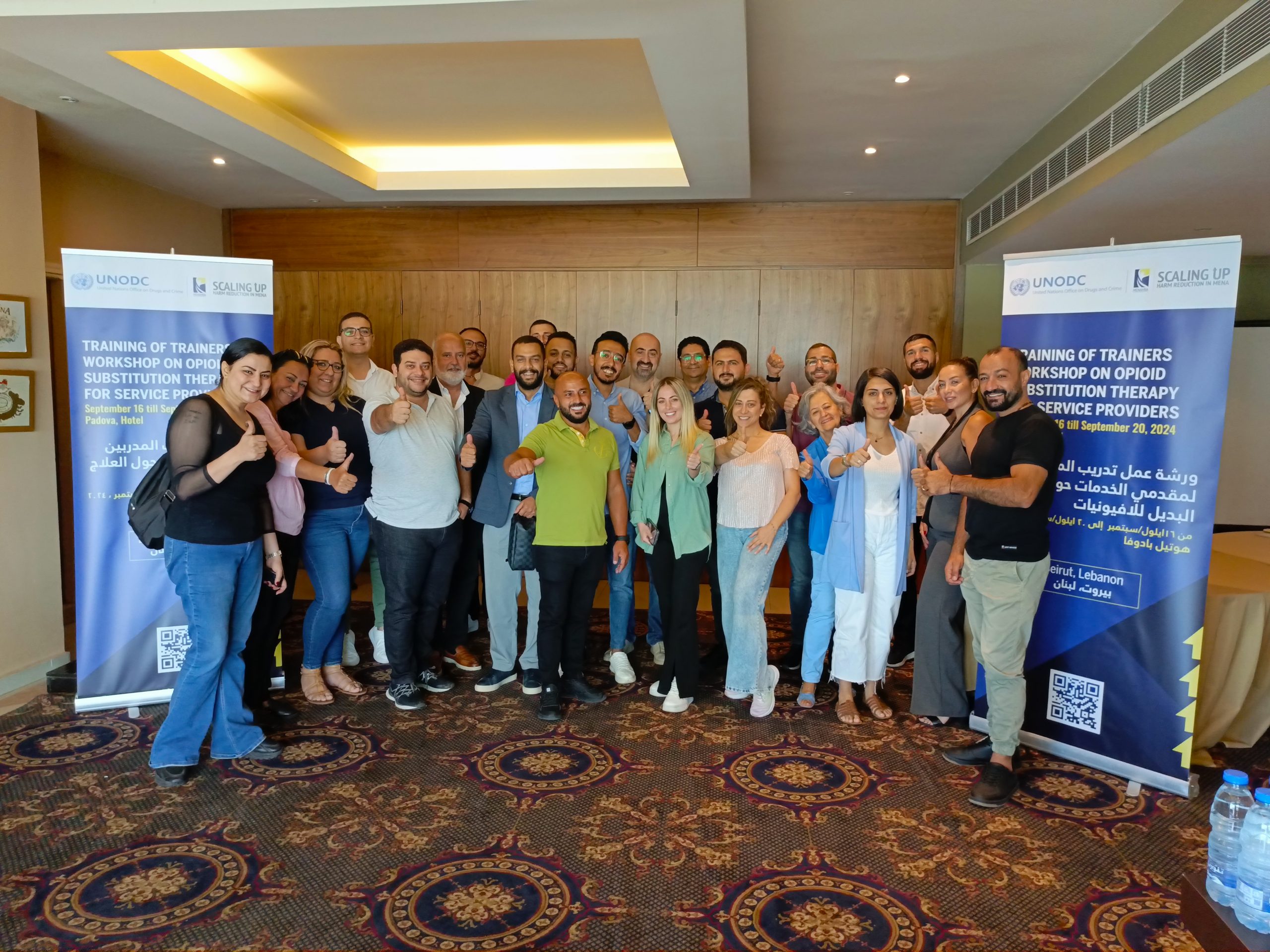The Middle East and North Africa Harm Reduction Association (MENAHRA), with the support of Global Fund, organized a regional training of trainers on managing Needle/Syringe Programs (NSPs). The training was held at the Bossanova Hotel in Beirut, Lebanon, from Monday the 10th to Friday the 14th of June, 2024. Participants attending the workshop included 14 participants working in program coordination, and outreach work from civil society organizations and networks from Egypt, Jordan, Lebanon, Morocco and Tunisia.
Mr. Elie Aaraj, MENAHRA Executive Director conducted the opening of the training, briefing participants regarding the aim of MENAHRA to build the capacities of trainers throughout the region in different countries, and the process that will be taking place in order to achieve this. Experiences from the different organizations attending and that include those currently implementing NSPs were shared by participants. The main facilitators of the training Ms. Sandra Hajal and Ms. Patricia Haddad proceeded in delivering sessions that addressed management of NSPs, service delivery, monitoring and evaluation, referrals to complementary services, intersections with other key populations, challenges of the field, as well as sessions related to training skills and facilitation. The facilitators adopted an interactive approach during the sessions and incorporated the methods of demonstration, group work, and exercises. Participants were involved in delivering demonstration sessions on safe injecting, awareness raising, and overdose management in brief to create a hands-on experience. In addition, participants were provided with the task to prepare different sessions related to NSP trainings, and deliver the sessions during the last 2 training days to the larger group, in order to practice the skills and techniques acquired.
Plans for follow-up trainings to ensure the involvement and practice of a selection of participants are underway. MENAHRA aims at accumulating a roster of experts throughout the region in the near future in order to scale up effective harm reduction programs.
